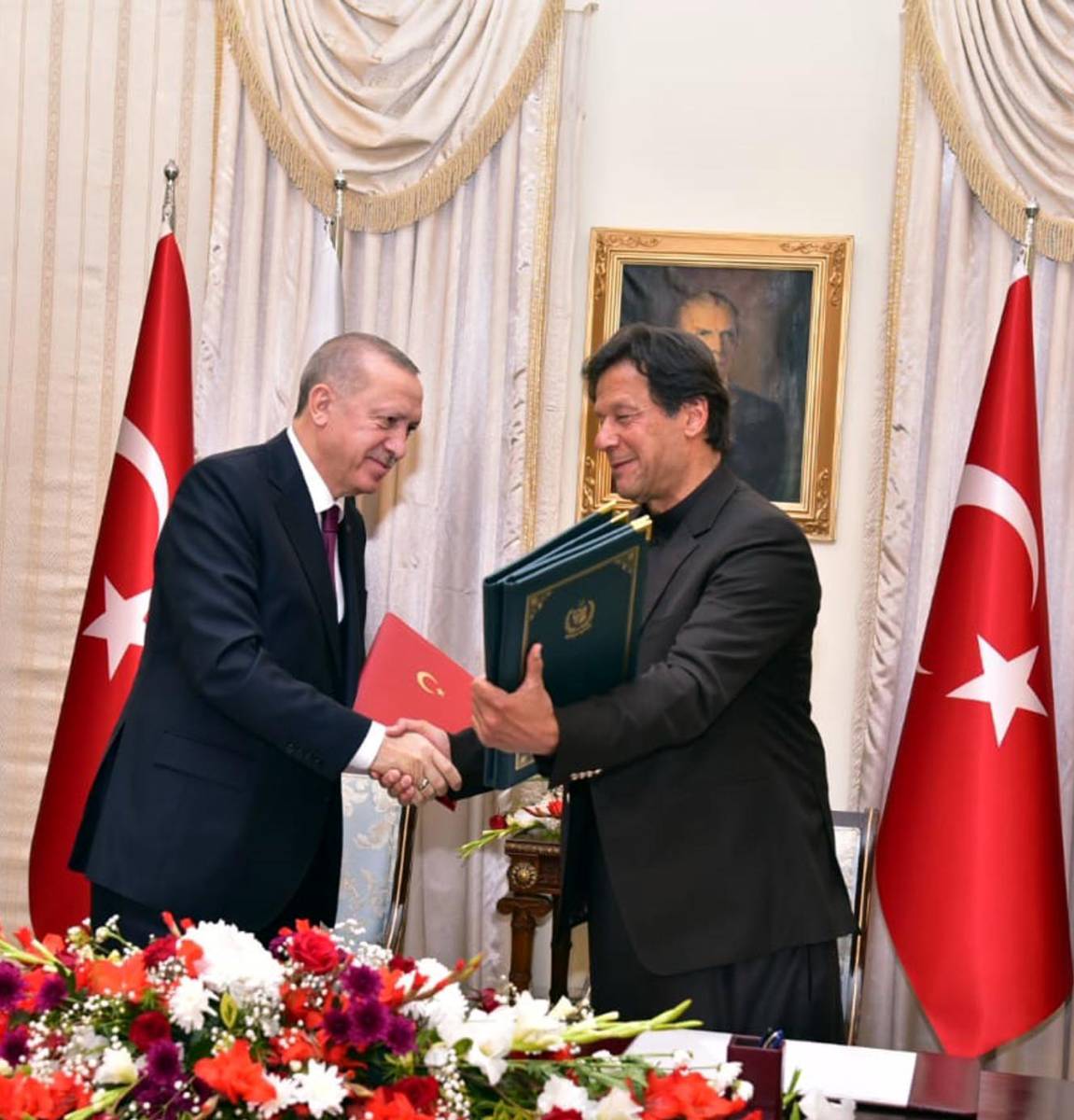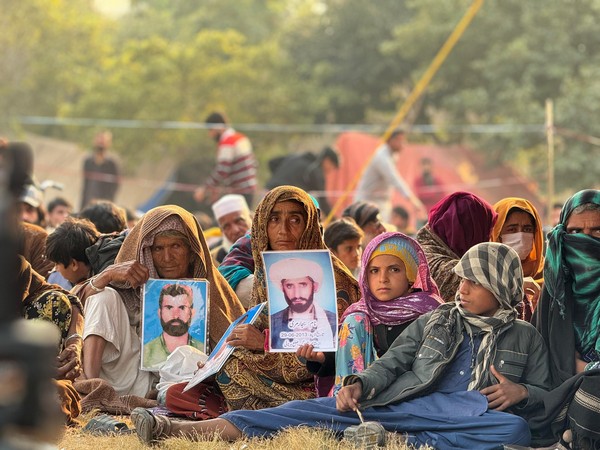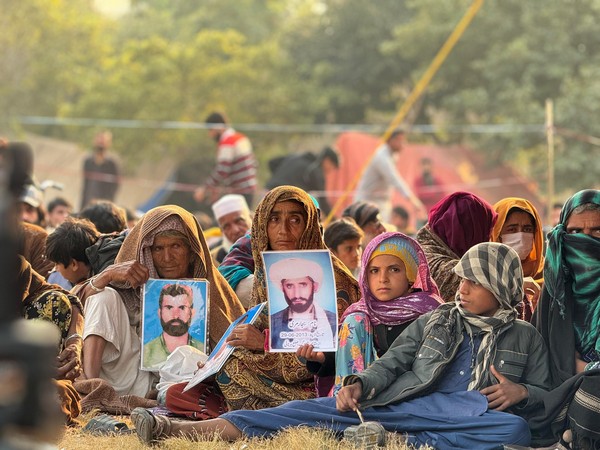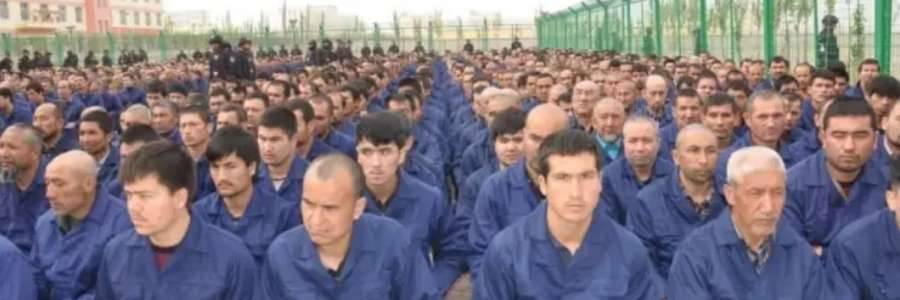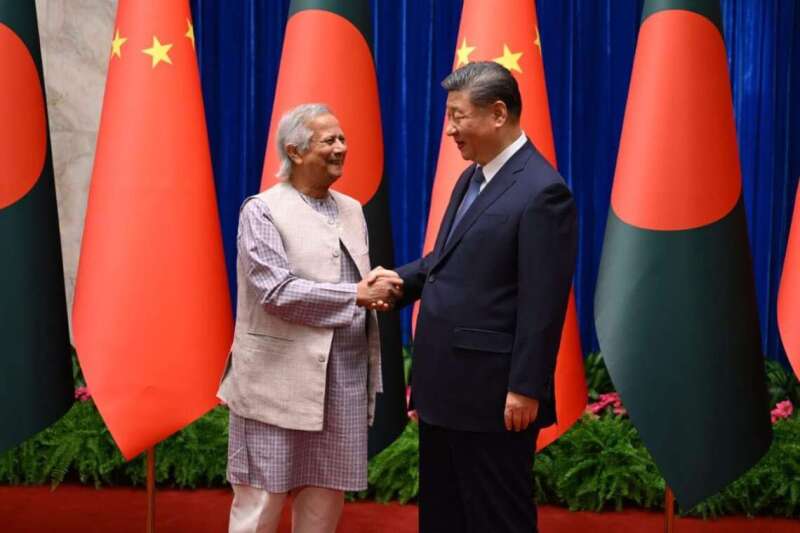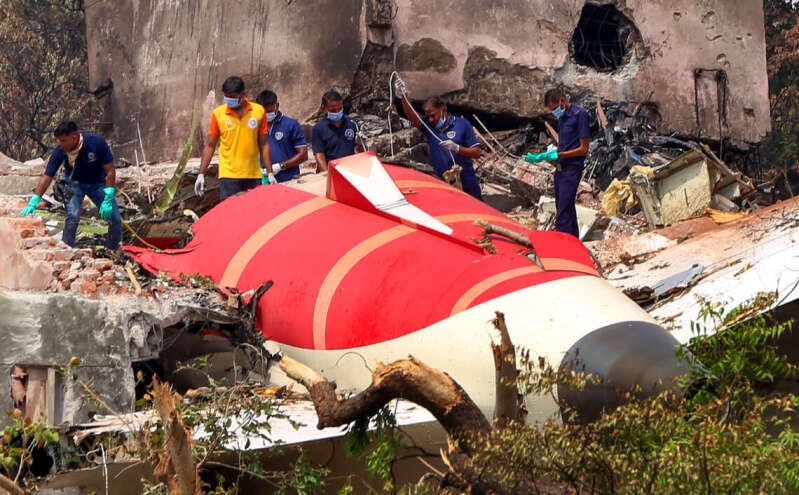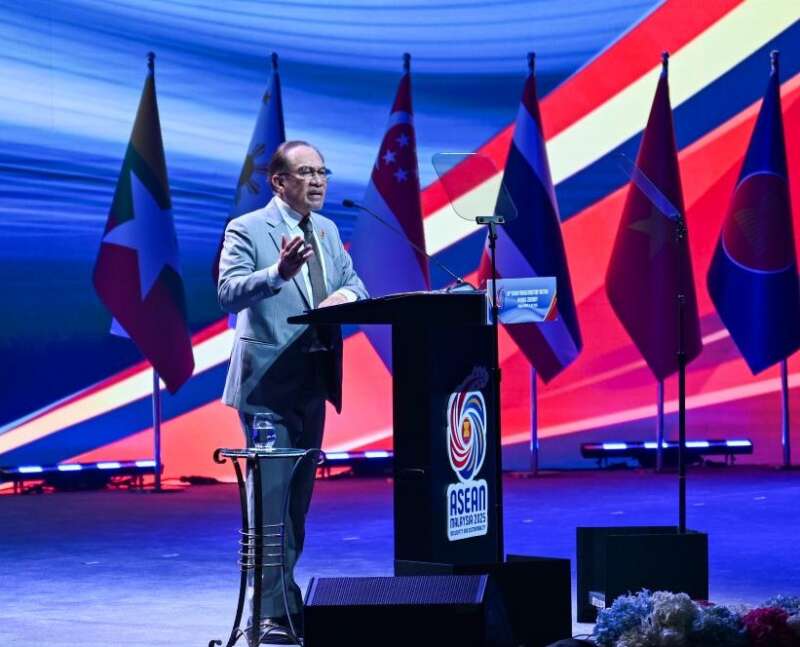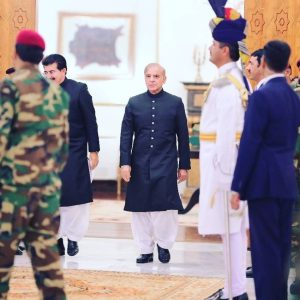The recent rise in “Turkic nationalism” and close cooperation between Ankara and Baku, which helped cement Azerbaijan’s victory in its war with Armenia last year, as well as give NATO member Turkey a strategic foothold in the South Caucasus, has not gone down well in Iran, a report by Aditi Bhaduri
The Azerbaijan-Pakistan-Turkey axis, it seems, has not roiled India alone. Iran too seems to be infuriated by the trilateral alliance. Recent tensions between Iran and Azerbaijan point to Tehran’s disquiet about the alliance, especially its military angle.
A war of words has erupted between Iran and Azerbaijan over the past week. The apparent raison d’etre was the military drills that Iran had begun along its Azeri borders.
Rich in oil and gas, Azerbaijan was part of the former Soviet Union. It is a pivotal state in the Caucuses, sharing borders with Iran and Armenia, whose importance is enhanced on account of its potential wealth and influence.
Iran’s influential Islamic Revolutionary Guard Corps (IRGC) in a statement said that the Islamic Republic would not tolerate any changes in the geopolitics of borders and would confront with all its might the inimical actions of its enemies. “We warn all those who are trying to destabilize the northern borders of Iran, and assert our preparedness to impede the evil designs of our enemies.”
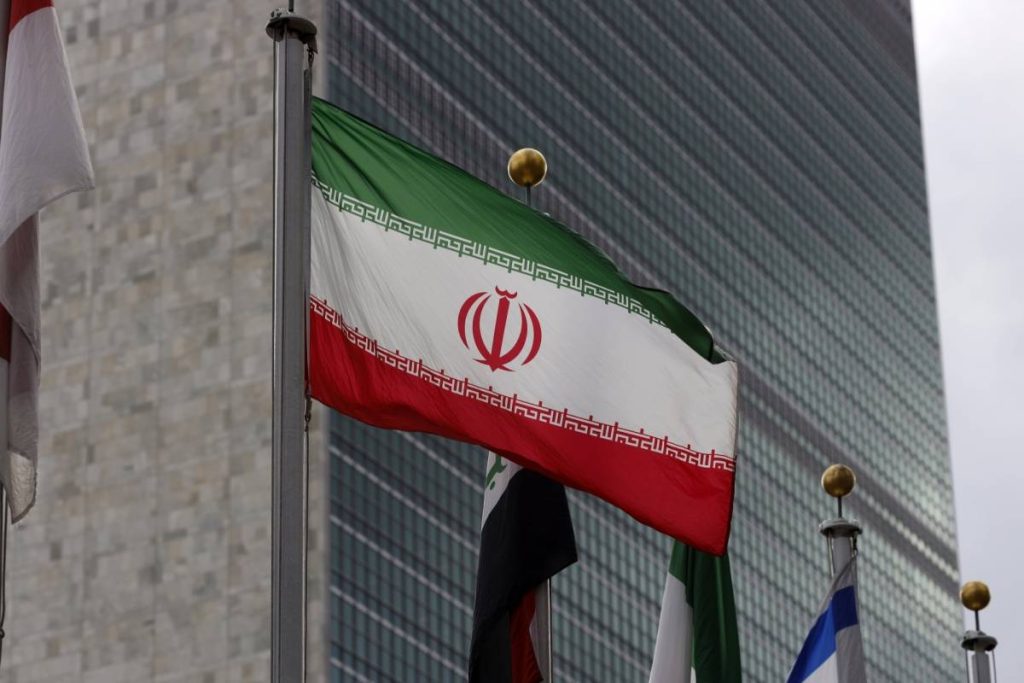
The Iranian state media reported that the drills involved armoured and artillery units as well as drones and helicopters.
The Azeri President Ilham Aliev expressed surprise at the drills. On Sunday Iranian Supreme Leader on his Twitter handle said, “The issues concerning Iran’s north-western neighbours should be resolved wisely by relying on nations, through the cooperation of the armies of neighbouring countries and by avoiding the presence of any foreign military forces…… ‘Those who dig a hole for their brothers will be the first to fall into it’.”
The reference was obviously to Iran’s northern neighbour Azerbaijan. The latter had earlier in September held the first ever trilateral military exercises with Turkey and Pakistan in Baku. Azeri Defence Minister Hikmat Mirzayev was quoted as saying, “Azerbaijan, Turkey and Pakistan have entered the history of humanity as close friends and brothers. At the heart of these relations are the close ties between our peoples. Evidence of this can be seen in the solidarity and support of Turkey and Pakistan to Azerbaijan from the first day of the 44-day counteroffensive operations launched by Azerbaijan against the Armenian armed forces on September 27, 2020.”
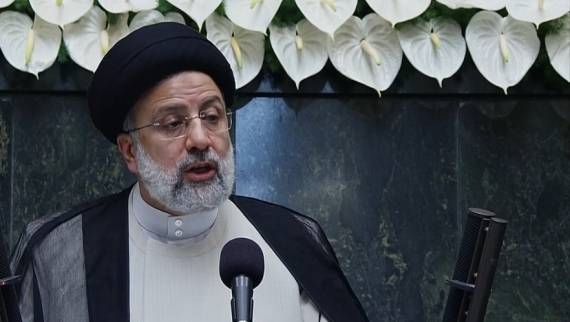
No doubt, the Iranian military exercises were a response to it. But it also marks an ongoing cycle of bilateral tensions. Last year a similar spat had broken out between Iran and Turkey after Turkish President Recep Tayyip Erdogan had recited a poem on his trip to Baku to commemorate Azerbaijan’s victory in the Nagorno-Karabakh conflict. The poem alluded to a vision of “Greater Azerbaijan” which includes Iran’s northern districts populated by Iranian ethnic Azeris, the largest non-Persian ethnic minority in the country.
Since Azerbaijan’s emergence as a sovereign nation, tensions have marked bilateral relations. For Baku, a staunchly secular state in the fashion of most ex-Soviet ones, Shiite radicalism and “Khomeinism” were threats emanating from Iran. For Iran, potential irredentist claims by sections of Azerbaijan’s population on Iran’s northern provinces constituted a major threat.
The recent rise in “Turkic nationalism” and close cooperation between Ankara and Baku, which helped cement Azerbaijan’s victory in its war with Armenia last year, as well as give NATO member Turkey a strategic foothold in the South Caucasus, has not gone down well in Iran.
Though it tried to keep equidistance, given its excellent relations with Armenia, Iran had to bat for Azerbaijan as ethnic and cultural sentiments engulfed its Azeri population. Tehran is worried that the newly stirred up nationalism witnessed in Azerbaijan during the war and especially following its victory may stir up similar sentiments and provoke secessionist tendencies among its Azeri population. The war victory has also meant that some bordering regions with friendly Armenia have now become part of its border with Azerbaijan.
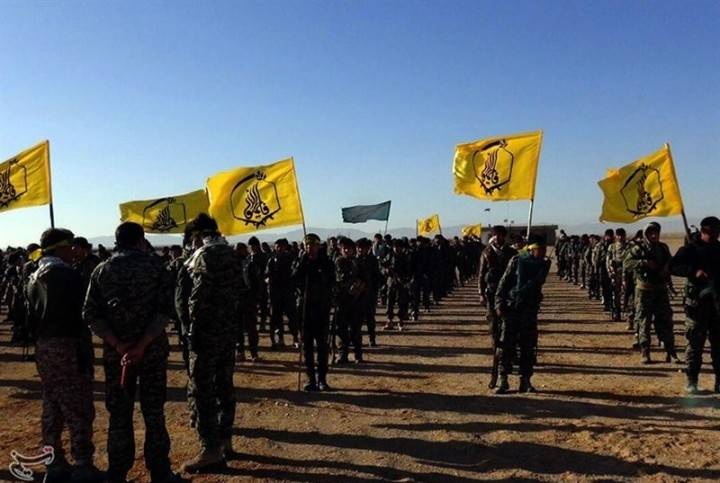
But yet another angle in bilateral tensions is Azerbaijan’s close relations with Iran’s arch-enemy Israel. At least since 2012 Azerbaijan is widely believed to be hosting an Israeli military base on its territory. It also has a $1.6 billion arms deal with Azerbaijan, committing to sell drones and anti-aircraft missile defence systems to Baku. Along with Turkey’s unpiloted aerial vehicles it was drones purchased from Israel that helped Azerbaijan suppress Armenian air defences.
Following the war, Azerbaijan opened its first trade and tourism office in Israel in July this year. It also allows Israel intelligence gathering on its territory. Given that Iran’s traditional rivals in the region — the UAE and Saudi Arabia have been trying to mend fences with it recently, and given the recent statement by Israeli Chief of General Staff Aviv Koha that preparations for possible action against Iran are being intensified
Tehran fears that Azerbaijan’s territory could be used as a launchpad against it.
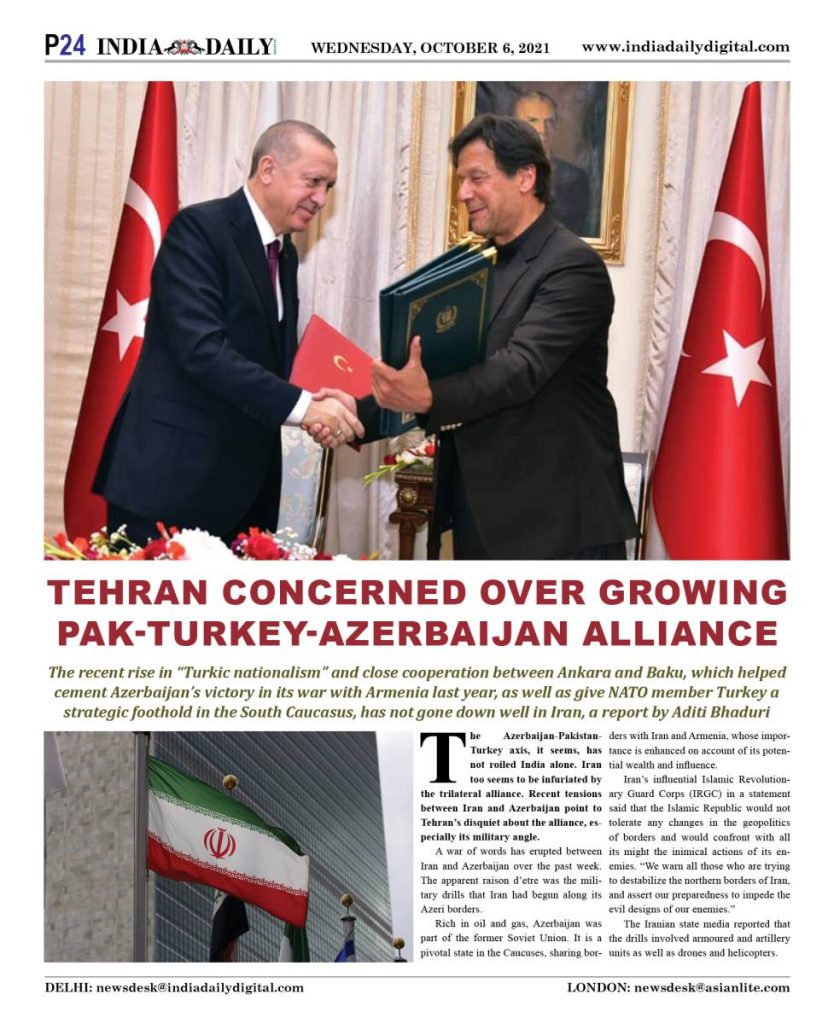
Finally, Iran’s strained relations with Pakistan are poised to get worse because of the Afghan crisis. Iran has slammed Pakistan for its role in the fall of Panjshir valley to the Taliban and demanded a probe. Alongside this, Pakistan’s protege — the Taliban are continuing with their persecution of Shiite Hazaras inside Afghanistan.
Therefore, the trilateral military show of strength and camaraderie between Azerbaijan, Turkey, and Pakistan may have just triggered yet another regional flashpoint — this time in the South Caucuses.
(The content is being carried under an arrangement with indianarrative.com)


